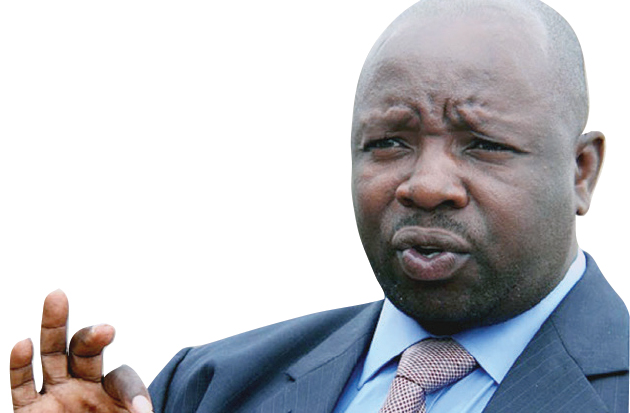NSSA bank a blunder: Kereke

 Prosper Ndlovu Business Editor
Prosper Ndlovu Business Editor
BIKITA West MP and former advisor to the Reserve Bank of Zimbabwe Governor, Munyaradzi Kereke says the government “erred” by approving plans to set up a bank by the National Social Security Authority (NSSA) and called on Parliament to rethink the proposal.
Contributing during discussion in Parliament, the outspoken Kereke said while the financial sector was a key driver in developing the economy, turning NSSA funds into a credit facility would be a mistake.
The Ministry of Public Service, Labour and Social Services has approved principles of setting up the new bank with $5 million set aside ahead of its tentative opening next month.
“This is an area where Parliament needs to exercise a lot of its oversight role,” said Kereke.
Being a product of an act of Parliament, NSSA, was created out of a realisation of the need for a safety net to protect workers after being injured at work or after retirement as well as to look after the children of those that may have passed on during employment.
As a result every worker from both public and private sectors is mandated to contribute towards NSSA.
“Now, for NSSA to take those mandatory statutory inflows as cashflow they can use to start a bank, I think it then defeats the original thinking because we’re taking money that’s collected by law to then defer it to some credit committee of a bank, to then decide who shall get a loan of that money or which sector it shall go to or whether to import fridges or artificial hair,” said Kereke.
“It delinks the original thinking of Parliament that every worker should contribute. I think there is need for serious reconsideration and serious debate before that bank opens.”
The legislator demanded that Parliament and relevant committees of labour or finance summon NSSA and the Reserve Bank of Zimbabwe to explain the proposed bank before it started.
He said NSSA, instead, should play a part in building long term deposits.
“The Central Bank or Treasury could issue instruments that are long term 10-20 year paper.
“That money from NSSA is then used to build our bridges, construct roads and NSSA can get returns through income from tollgates etcetera,” added Kereke.
He said according to the recent NSSA audited financial results for the year ended December 2014, the authority was handling an excess of $400 million per year.
“Each month they utilise about $9.9 million as operating expenses. Contributions from employees are about $20-25 million, which means every month NSSA will have $10-15 million free cash at their disposal. It will not be a justifiable policy to allow that cash to be put in the hands of a commercial bank to make its own decisions,” he argued.
He said that money should instead go into a pot which is dedicated for long term projects.
Kereke also criticised the banking sector for charging “strange” interest rates of up to 40 percent, which he said were unaffordable.
“Unless someone is selling cocaine or some strange illicit product, there’s no way you can recover as a company paying interest rates of 30 to 40 percent in an environment with negative inflation. It’s completely impossible,” he said.










Comments